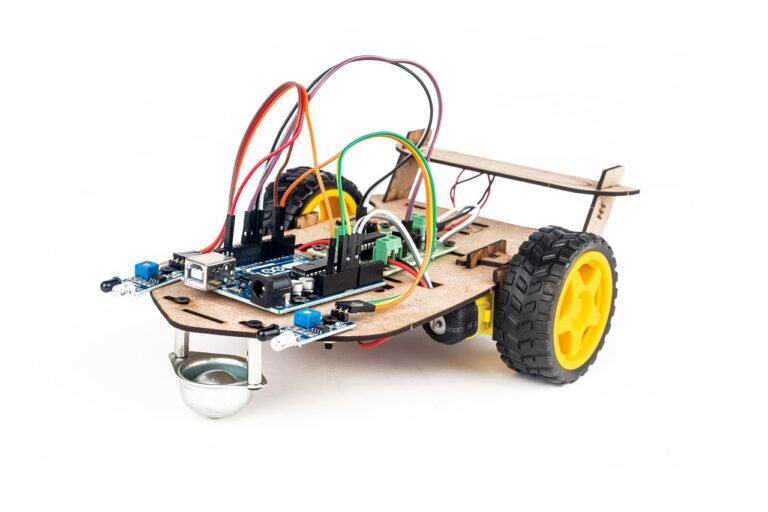The Role of Peer Mentoring in College Success
Peer mentoring is crucial for college success as it provides students with personalized support and guidance from their peers who have firsthand experience navigating the challenges of higher education. This mentorship dynamic fosters a sense of community and belonging, creating a supportive environment where students can openly discuss their concerns and seek advice from someone who understands and empathizes with their struggles.
Additionally, peer mentoring plays a significant role in helping students develop essential academic and personal skills that are key to succeeding in college. By having a mentor who can offer study tips, time management strategies, and effective problem-solving techniques, students are better equipped to overcome obstacles, stay motivated, and make informed decisions that contribute to their academic achievement and overall success in college.
Benefits of Peer Mentoring Programs in Colleges
Peer mentoring programs in colleges offer invaluable support for students navigating the challenges of higher education. These programs provide a platform for experienced peers to share their knowledge and insights with newer students, creating a sense of community and connection on campus. Through peer mentoring, students can receive guidance on academic matters, career development, and personal growth, leading to a more holistic college experience.
Moreover, peer mentoring programs have been shown to improve student retention rates and academic performance. By fostering a supportive environment where students can seek advice and encouragement from their peers, these programs help individuals overcome obstacles and stay motivated in their academic pursuits. The mentor’s role in providing guidance and encouragement can significantly impact a student’s confidence and self-efficacy, ultimately leading to increased success both in and out of the classroom.
How Peer Mentoring Helps with Academic Achievement
Peer mentoring plays a significant role in enhancing academic achievement among college students. Through peer mentoring programs, students are able to receive individualized support and guidance from their peers who have excelled in their academic pursuits. This personalized approach allows mentees to address any academic challenges they may be facing in a comfortable and non-judgmental environment.
Furthermore, peer mentoring fosters a sense of accountability and motivation among students. Knowing that they have a peer mentor who is invested in their academic success can inspire mentees to set higher goals for themselves and strive towards achieving those goals. This increased motivation often leads to improved academic performance and a greater sense of confidence in one’s abilities.
What is peer mentoring?
Peer mentoring is a program in which more experienced students provide support and guidance to newer students in their academic journey.
How can peer mentoring help with academic achievement?
Peer mentoring can help improve academic achievement by providing personalized support, motivation, and guidance to students, helping them stay on track and overcome challenges.
Are there specific benefits of peer mentoring programs in colleges?
Yes, peer mentoring programs in colleges can help improve retention rates, foster a sense of community, enhance communication and leadership skills, and increase overall academic success.
How does peer mentoring contribute to college success?
Peer mentoring contributes to college success by creating a supportive environment, promoting academic and personal growth, enhancing problem-solving skills, and increasing student engagement and motivation.
How can students get involved in peer mentoring programs?
Students can get involved in peer mentoring programs by reaching out to their college’s student services department, joining mentoring organizations or clubs on campus, or participating in mentorship training programs.







